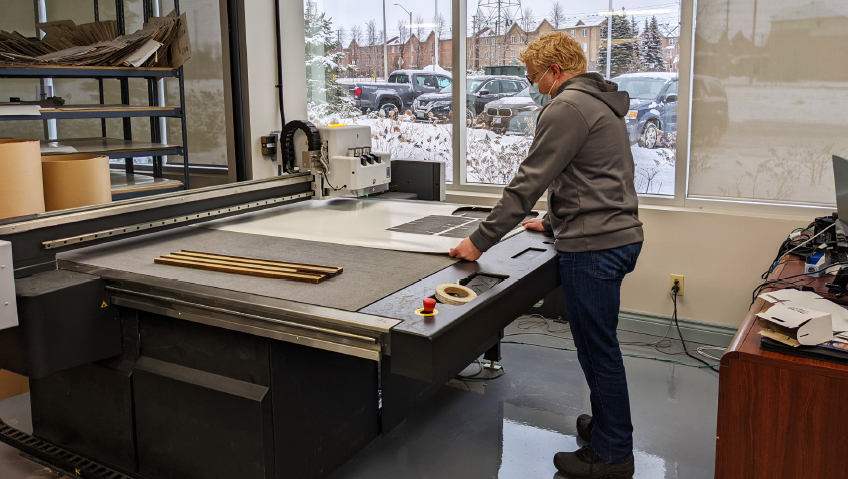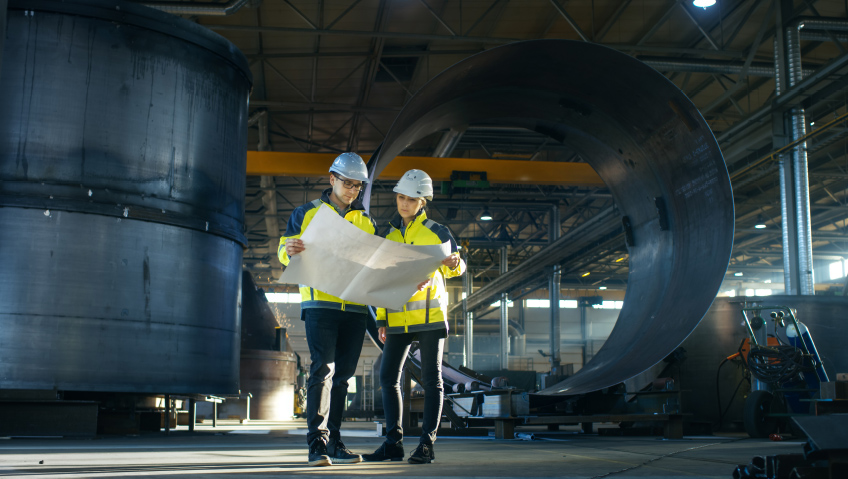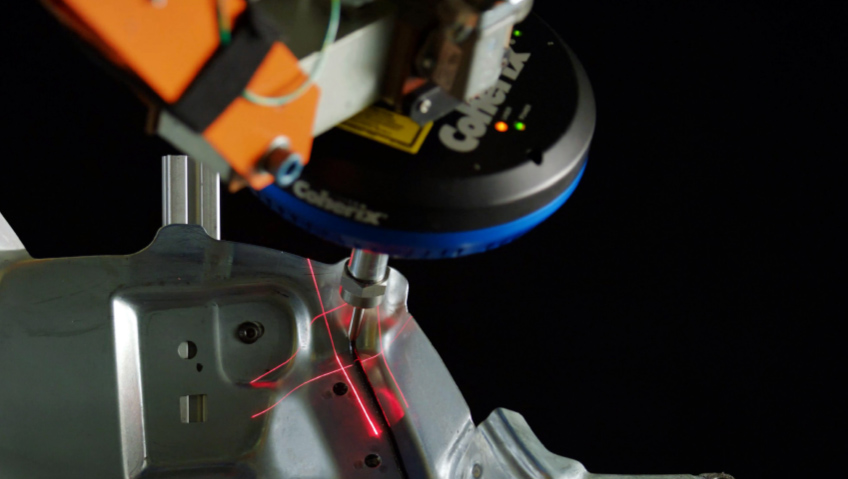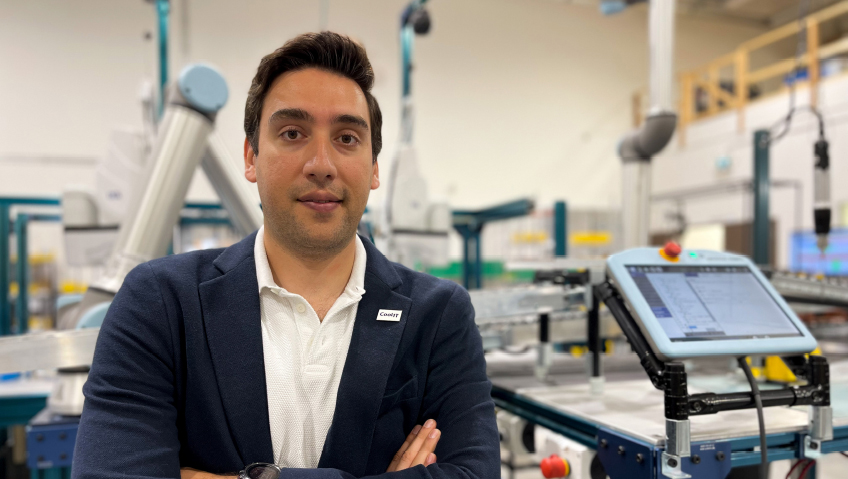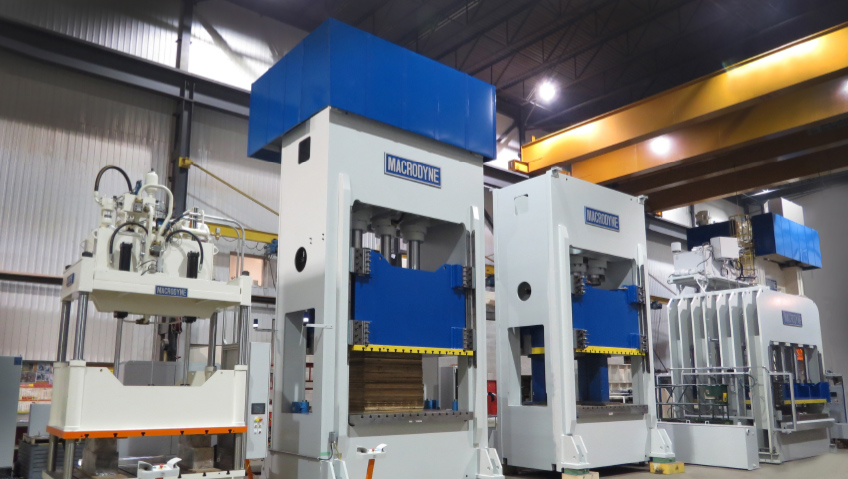The packaging of a food product can be just as effective a selling tool as its taste. But in today’s world, packaging must also be efficient and cost-effective, and should boast a lower environmental impact.
For nearly seventy-five years, Albany Packaging has been providing affordable, highly-customized paperboard boxes for clients across the continent. Its decades in business have provided the experience needed to work closely with clients to provide custom packaging solutions. Now, the company is taking steps to make its packaging more sustainable and lessen its environmental impact while maintaining its high customer service standards.
Demonstrating its reach and versatility, Albany’s paperboard packaging can be found in grocery chains, bakeries, and clothing retailers throughout the United States and Canada. With a rapid support network and over 270 box types in its production line, the company meets any customer need.
In addition to its wide product line, Albany applies its experience and customer service skills to creating custom bakery boxes, donut boxes, cupcake boxes, and other packaging solutions in paperboard or materials such as metalized polyester laminate. Its design department works closely with clients, examining prototypes or existing packaging and making recommendations to add or remove features as needed. The result is packaging designed to fulfill client requirements while remaining budget-conscious.
Albany is proud to be under its third generation of family ownership and management. Sales and Project Manager Daniel Engelberg, who grew up around the company, says both staff and customers enjoy the small-business feel. “I think there’s something to that,” says Engelberg, whose grandfather bought the company back in the 1980s. “We’re small enough; we’re nimble enough that they enjoy it.” Many of the manufacturing and office staff have been with Albany for over twenty years. “The family feel of the company has helped shape that,” he remarks.
Despite its small size and approach, the business has enjoyed rapid growth, particularly in the past ten years. “The growth that we have seen is exponential. We’ve been able to expand our product offerings, our capabilities, and our technology,” says Engelberg. Albany’s small size and family ownership help keep business operations consolidated, ensuring rapid response times. “The fact that we’re family-owned makes us more approachable and more adaptable to customers and customer needs,” he explains. “There’s a lack of layers of bureaucracy that definitely helps us with our customers.”
But more than this, the long history with its clients and the resulting reputation it has built over nearly seventy-five years sets it apart and is responsible for this growth. Engelberg notes that some vendors and some clients stretch back twenty or thirty years, and the company has developed a close working relationship with them over time.
“We hang our hat on the relationships that we’ve had with these vendors over the years,” he says. The company’s reputation has also made it the prime packaging provider to a new generation of bakeries and foodservice providers, particularly with the rise of pandemic-induced takeout and meal delivery services. “We’ve been fortunate enough to provide great service and grow with them,” he says.
As an example of these close relationships, a client importing water bottle packaging sleeves asked how to reduce packaging costs, as the sleeves required labour-intensive gluing and often arrived late due to shipping difficulties. The client sent a sample sleeve to Albany’s packaging team, which closely analyzed potential challenges and recommended solutions. In the end, the team was able to create a new packaging sleeve with inverted folds, allowing for far easier gluing which solved the client’s problem.
Further contributing to growth is the distancing requirements of the pandemic, which have enabled Albany to land contracts far beyond its size thanks to online expositions. Engelberg highlights a virtual trade show in which several large international chains were present. In a traditional physical show, these large companies would have been swarmed, leaving no room for smaller companies. But in the intimacy and equality of a virtual space, Albany could meet with these much larger clients and gain some new contracts it likely would not have otherwise.
“This was just so efficient and cost-effective, and I think it was more productive,” Engelberg says of the experience. “The way this was structured, you were able to really focus.”
Throughout its history, Albany has balanced steady growth with its ability to remain agile. While its manufacturing and shipping capabilities have grown steadily, its core office staff members are still the highly experienced professionals with whom customers have dealt for decades. “There’s a lack of red tape, and that makes customers much more appreciative,” he says. “They can put a face to a name, and that really helps with relationships.”
Within this small structure, customers know they are more than a number. “As far as the customer is concerned, they still can contact me or our other sales manager, so there’s still that feeling of nimbleness.”
Albany is well aware of the move away from plastic packaging and is working to ensure that its paperboard containers are biodegradable. “We are seeing a lot of our customers moving away from plastic packaging,” Engelberg says, “and a lot of need for windowed packaging.” Using mostly paper or paperboard with only a small window of transparent plastic, windowed packaging allows consumers to see food items before they buy but minimizes plastic manufacturing and its resulting environmental impacts.
Due to its small size and adaptable nature, Albany has been able to quickly allocate resources to this new surge in sustainable packaging demands. It has used its relationships with both vendors and customers to keep up to date with customer trends and requirements. “We’re constantly learning about what the need is in the marketplace and then trying to teach them about how we can fit that need,” he says. The company’s own plant has installed environmentally-conscious features such as smart HVAC, lighting systems, thermostats, and variable-speed compressors on its machines, helping reduce energy usage.
However, the biggest impediment to sustainable packaging is its cost-effectiveness. “There’s only so much we can do,” Engelberg admits, noting that roughly fifty percent of Albany’s sale price is the price of paperboard itself. The company can lean heavily on its vendors, purchasing in mass quantities to keep the price manageable but paperboard as a commodity is subject to market fluctuations. “We’ve seen a handful of price increases from paperboard mills over the last two years,” he says.
But Albany and its clients are adapting to price increases by making packaging more efficient and minimalist. “We’re striving to use as little paperboard as possible, to keep the price to the customer as low as possible,” he says, explaining that the custom packaging team works with clients to create and distribute packaging free from unnecessary design features. “We try to be as transparent as possible with our customers on what they need.”
He recognizes that as talented as the staff may be, labour attrition resulting from retirement is inevitable. To prepare for vacancies, the company is working closely with local technical schools to recruit skilled graduates. Internally, it is also cross-training its younger staff in a variety of machine operating skills, to ensure its workforce remains as versatile as possible. While pandemic-induced immigration slowdowns have limited recruitment of the skilled workers Albany needs, these multiple labour pipelines ensure that the company will have a strong and sustainable future.
Albany continues to grow and address these challenges and faces the challenge of retaining its small-business charm while also expanding its production capabilities. Engelberg sums up the dilemma of increasing output while keeping labour costs manageable. “We are seeing so much demand from customers new and existing, and we want to take all this business,” he says. “How do we grow so fast?” To achieve this, the company is investing significant capital in automation, to help blunt the dual impact of a labour shortage and aging labour force.
As Albany Packaging approaches its seventy-fifth birthday, the company looks forward to the years to come. Already well-versed in shifting food packaging towards a more sustainable medium, Albany is the natural choice for environmentally-conscious food providers to help feed a hungry world.

